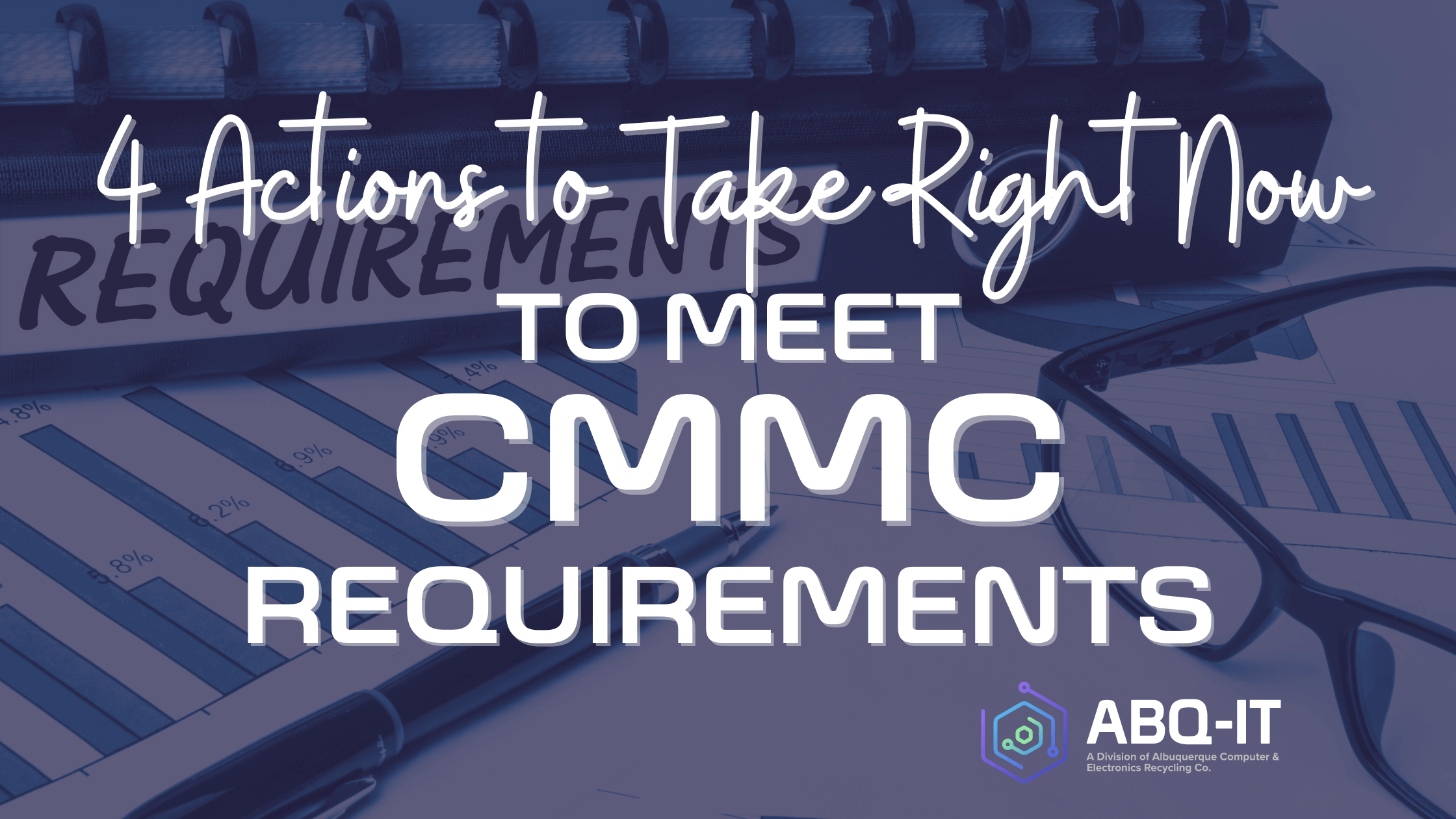
The United States Department of Defense (DoD) is notifying contractors that they need to be certified in order to protect sensitive defense information from cyber threats. If you’re a contractor and have been issued this notification, then congratulations! Your skills will soon become invaluable as we navigate an increasingly technical world where hackers can access anything online.
Small businesses are the backbone of our economy, and they’ve been thriving in recent years. In 2020 alone small business owners won 26% more federal contracts than big companies- amounting to $145 billion! That’s why all contractors who work on Department Of Defense projects will soon need some level of certification.
The CMMC 2.0 update is a confusing and fluid set of rules that can be hard for smaller companies to keep up with! The new instructions require contractors who want their business certified as being cybersecurity compliant must go through various procedures before they subject themselves to third-party assessments on behalf of the DoD contract administration process. Fluid guidelines have been one challenge in trying times because no clear expectation or timeline has emerged about when all this “new” info will become final–and at what cost?
The documentation and compliance costs of CMMC can be a major investment for any small business. We’ve seen many companies that have been working on it before come to us, often with months’ worth of effort put in already!
The recent survey from Tier 1 Cyber found that 27% of government contractors felt unprepared for a cybersecurity breach. This same percent also reported having an underestimate or even false sense of what they think is required when it comes to CMMC preparedness. If you have doubts about your company’s compliance, take action right away!
Effect of the CMMC on Businesses
The DoD offers many opportunities for small businesses to earn a significant amount of money. One way is through government contracts, which can lead them down the path towards larger and more lucrative deals! However, it’s important not only to be aware but also to stay compliant so you don’t risk losing existing business plus have less chance at future ones without meeting certain certification requirements now that CMMC has come into effect.
Cybersecurity has become a critical component to business, outside of DoD contracts. The first quarter saw an increase in supply chain cyberattacks across the U .S., with most companies going-out-of operation within six months due to these high costs. Why not use new CMMC guidelines that will help improve your own cybersecurity while increasing chances for landing government work?
When it comes to data security, the world has changed. Business-to-business and business -to consumer customers alike expect a higher level of protection when their information is being processed or stored on servers. The loss of reputation resulting due to breaches should be enough motivation for you to invest in greater cyber coverage while also giving yourself peace knowing that if something does happen there are many ways your company’s hardware will still operate properly thanks to compliance.
How to Stay CMMC Compliant in Your Business
The CMMC compliance process is not impossible to navigate, but it does take some careful planning and attention to detail. There are four steps that every business should follow in order for their company’s procedures to meet these standards:
1. Examine your data to determine which areas are subject to CMMC.
To maintain CMMC compliance, companies will not only need to determine and disseminate their own CUI but they’ll also have to ensure that any downstream suppliers properly process this type of information. DoD contracts extend throughout an entire given supply chain so it’s important for all parties involved in the transaction (from producers/manufacturers right down) to be on board with understanding exactly what is being handled according to controlled unclassified info guidelines.
2. Gather all of the CMMC documentation you’ll need.
The next time someone asks about your CMMC compliance status be prepared with an answer. Build up that folder of evidence now and make sure everything is in order before getting called into action when the big day comes around so that nothing falls through the cracks when you are ready for them! Here are the CMMC Materials you need:
- Written policies for each domain
- System security plan (SSP)
- Security incident response plan
- Accessible use policies
- NIST 800-171 interim rule responses
- Security infrastructure documentation
- Objective evidence for each domain
3. Make preparations ahead of time.
Since the timeline for CMMC compliance isn’t totally clear, starting early will likely help you achieve this goal by ensuring that all necessary steps have been taken when it comes time to fully implement the program.
In order to fully mitigate any and all risks, you should strive for the highest CMMC certifications. Even if your goal is just level 1 certification- which would require that only certain aspects of security be certified under this umbrella term -the requirements will change from contract to contract as well as new RFPs going forward. The end result? To button up your security and make sure you’re as safe as possible.
4. Don’t lose hope on DoD contracts.
The complexity of the current contracting process is overwhelming. But luckily, there are many resources available to help you navigate this new CMMC landscape! One such resource can be found at EverySpec with its 55000+ specifications for NASA/DoD/ DOE in one convenient database - the perfect starting place.
The DoD contract process can be time-consuming and tedious, but it’s worth the effort for your business. You’ll open up another whole market of customers! Once you go through all these necessary steps though–it will become smooth sailing from there on out.

